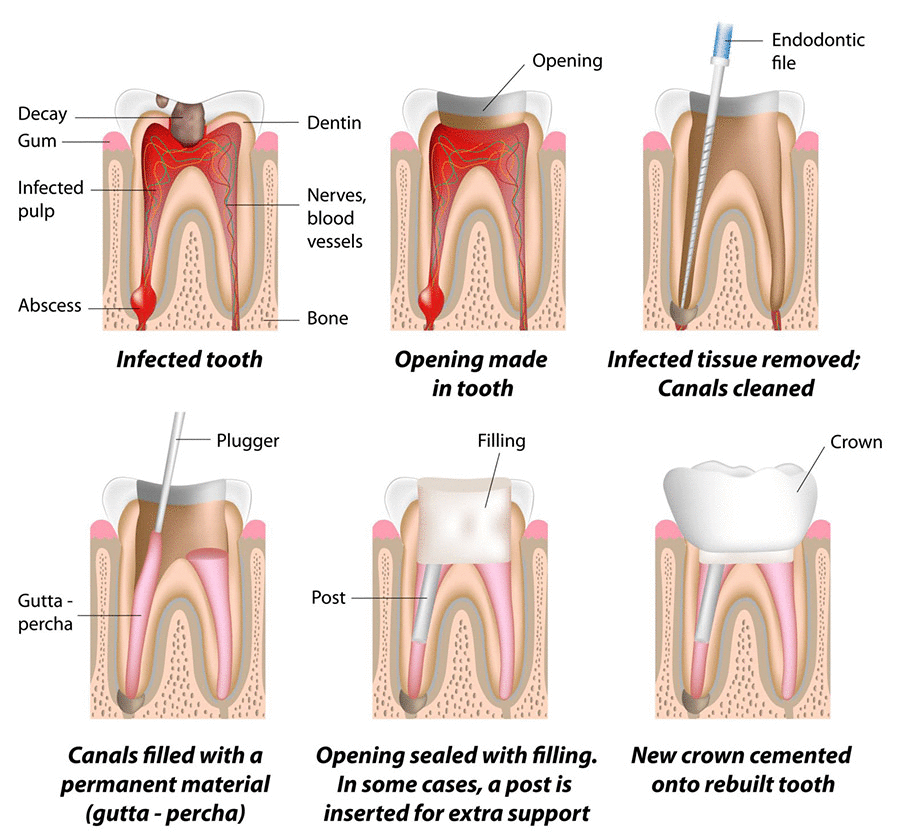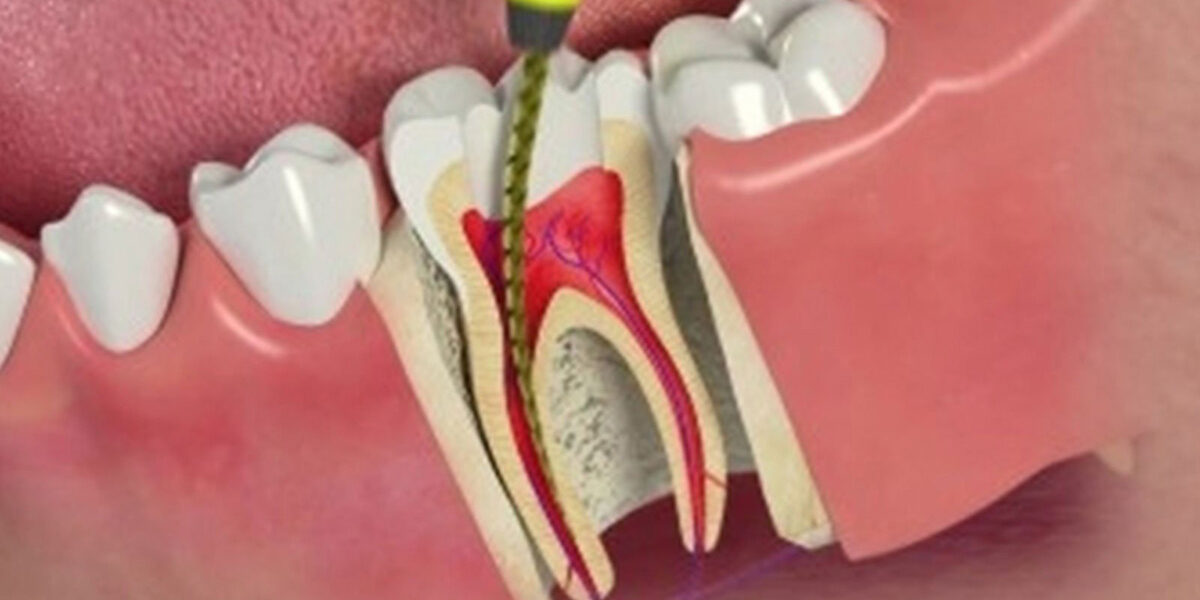4 Most Common Dental Root Canal Treatment Myths
When it comes to needing a root canal, many patients often fearful and misinformed. Root canals are a well-known dental treatment option, but they are often highly misunderstood.
If you are like more patients, you may resort to searching the internet for the answer to your most pressing questions. While the internet is great for many things, it can often be full of dangerous and unreliable information.
Let’s discuss common myths surrounding root canal treatment.
Myth 1: A root canal is a costly treatment:
You may be surprised to find out that having a root canal and dental crown remains less expensive than extracting a tooth and replacing it with a bridge or dental implant.
It is important to note that costs vary depending upon the following factors: whether it’s the first time the root canal is achieved or retreatment, how many canals a tooth has, and who performs the root canal (a specialist or a general dentist).
Myth 2: A root canal is painful:
It’s no secret surrounding the stigma that a root canal is a painful procedure.
The truth, however, is that the very essence of receiving a root canal is to relieve pain.
Why are root canals needed in the first place? Root canals are needed when untreated cavities spread to the pulp of your tooth, thus causing infections. Incidentally, this is where the pain comes from, and not the actual procedure itself.
Your dentist will be careful to numb the area surrounding the infected tooth. Once completed, you will hardly feel anything during the actual procedure.
Once the procedure is completed, you’ll noticed that excruciating pain you felt will have subsided; of greatest importance, your tooth will be saved.

Myth 3: The benefits of a root canal are temporary:
Contrary to this misconception, the results from a root canal are long-lasting.
Root canals relieve your toothaches, which also preserving the affected tooth indefinitely.
The key to successful results is the final restoration or crown.
Myth 4: A tooth extraction is a good alternative to a root canal:
There are times when patients opt for a tooth extraction in an effort to avoid spending extra time and money for a root canal.
In these situations, a patient is often unaware that a tooth extraction will inevitably create a need for a more extensive procedure or costly tooth replacement.
Once an extraction has taken place, the missing tooth should be replaced with dental implants or bridges. This overall process leads to more time in the dental chair, as well as treatments that more expensive than simply getting a root canal.
Of greatest importance to note is that root canal treatments conserve more healthy tooth structure. While dental implants and bridges may be durable replacements, it is important to note that healthy, natural teeth will always be stronger and more functional than a prosthetic.







